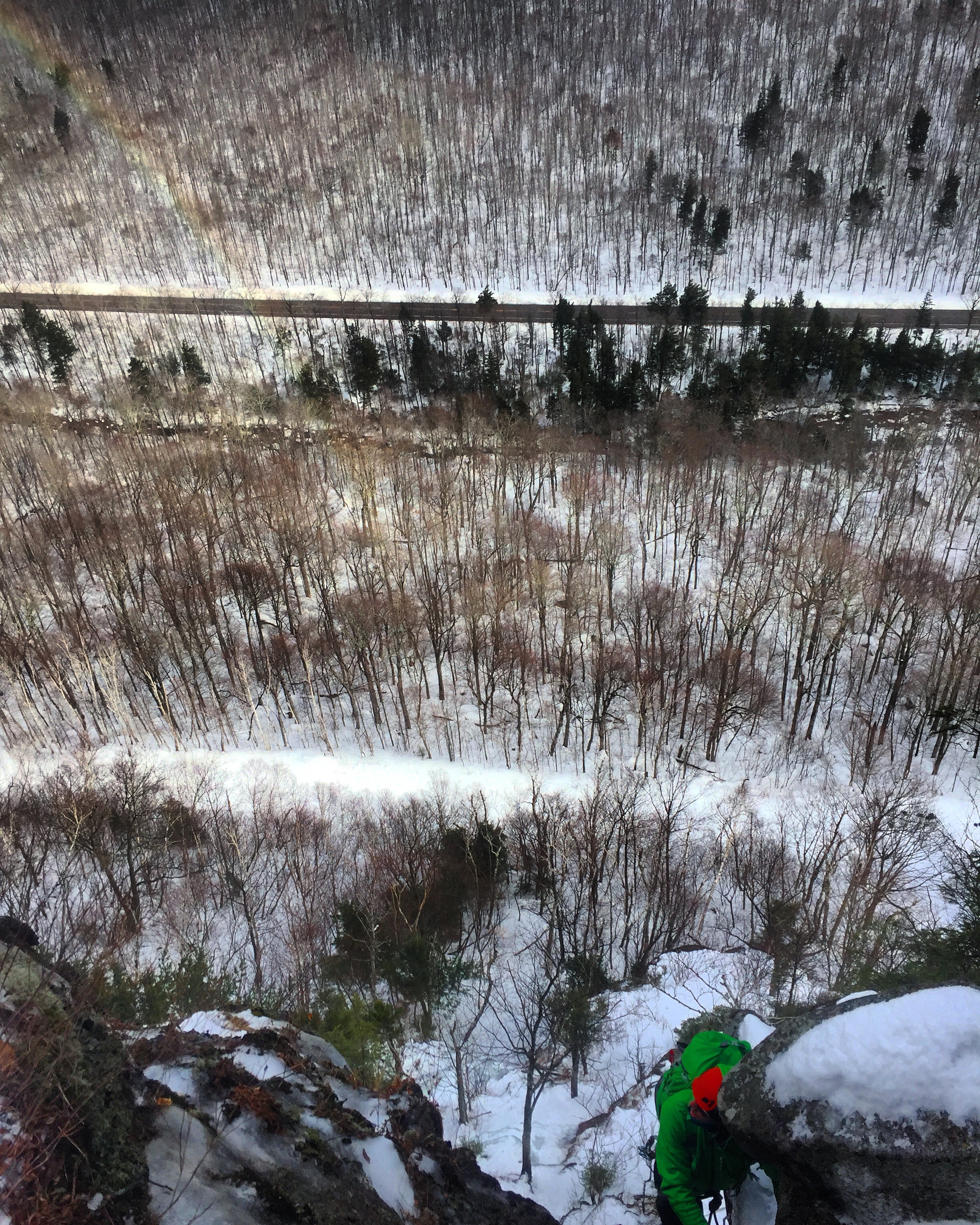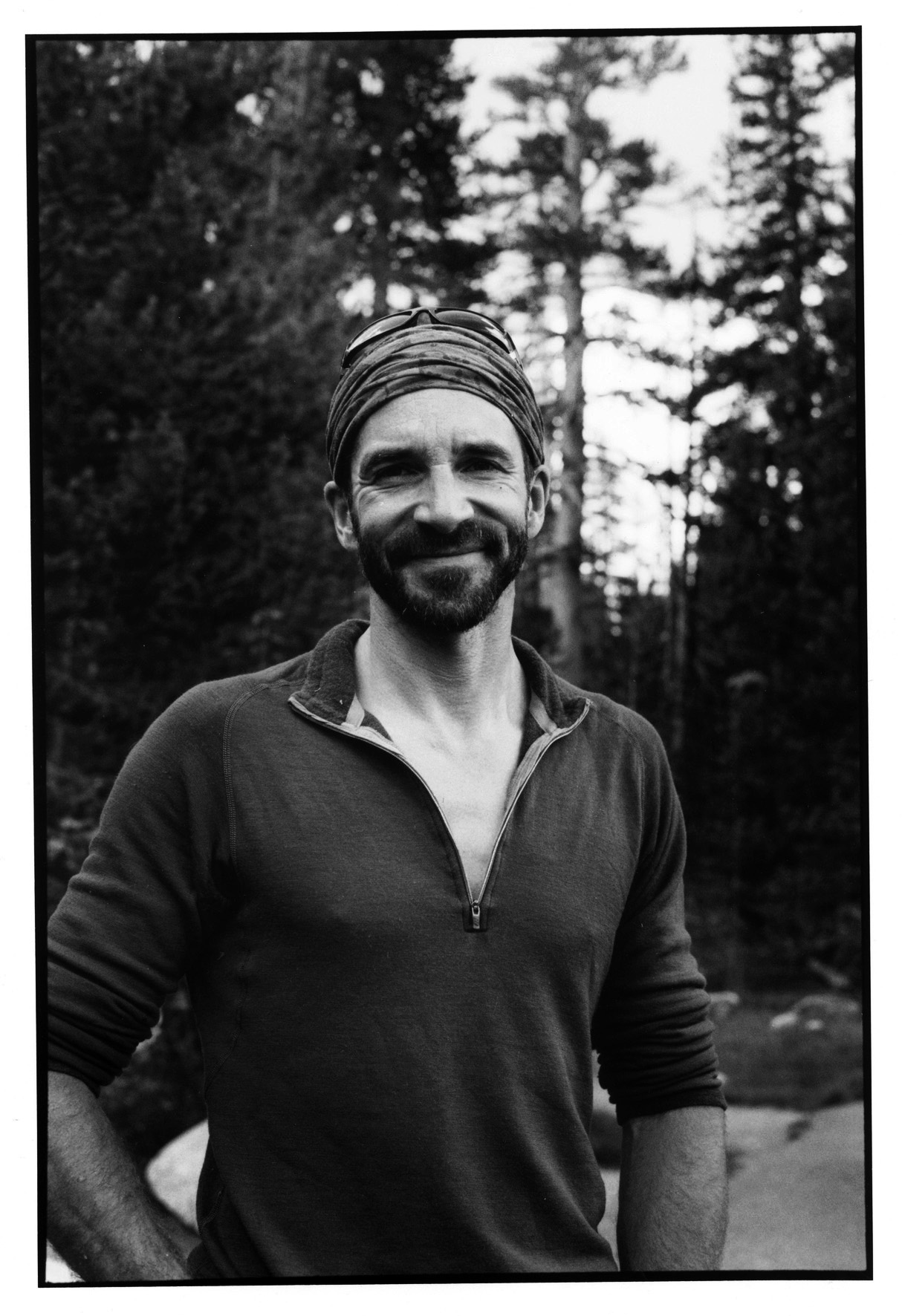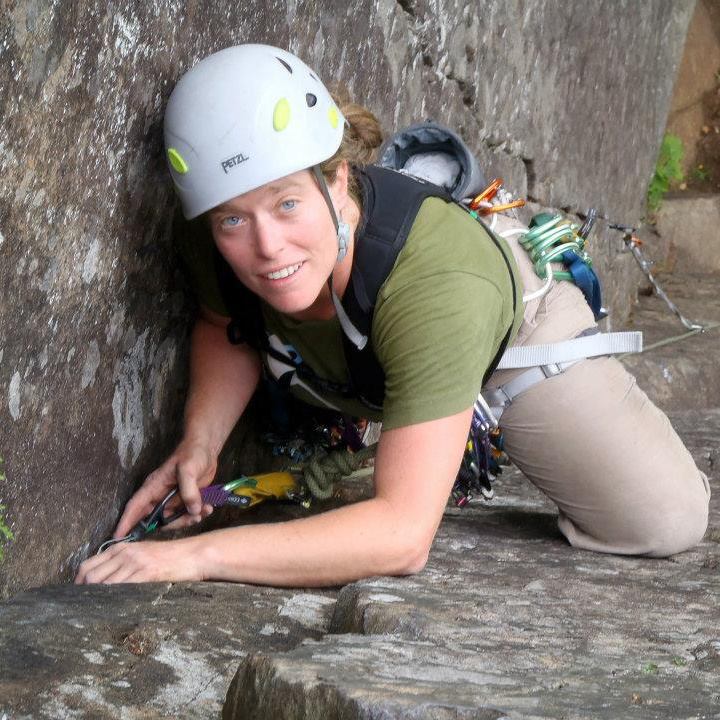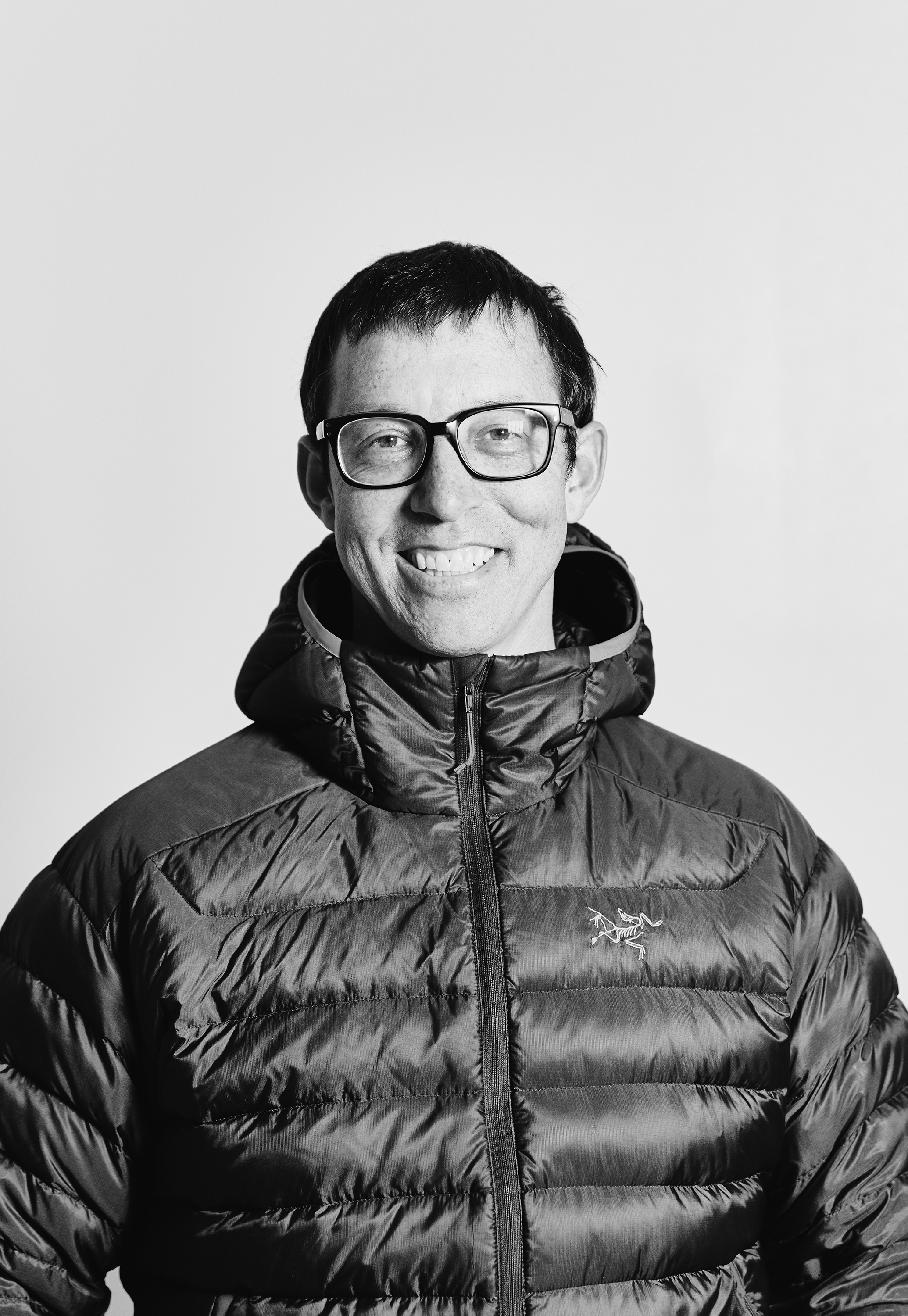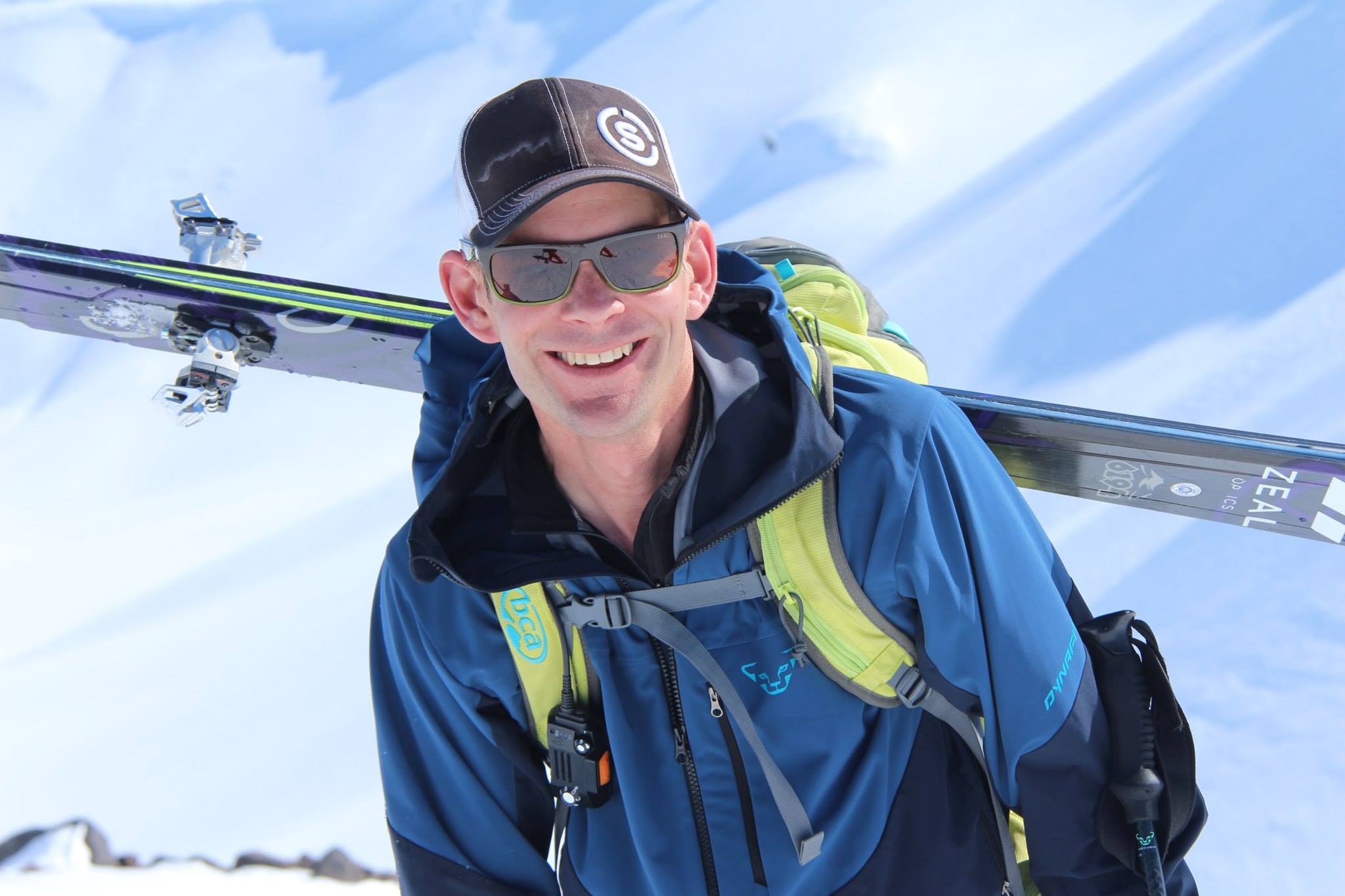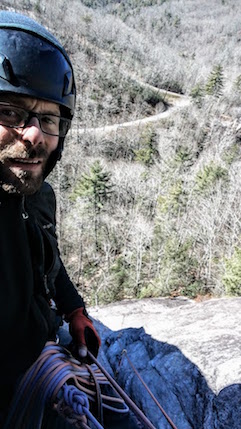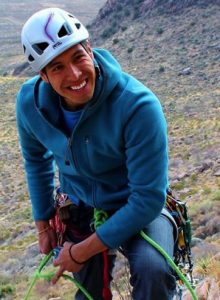2017 Fallen Guides | Strength of Character Scholarship Recipient – Erik Thatcher
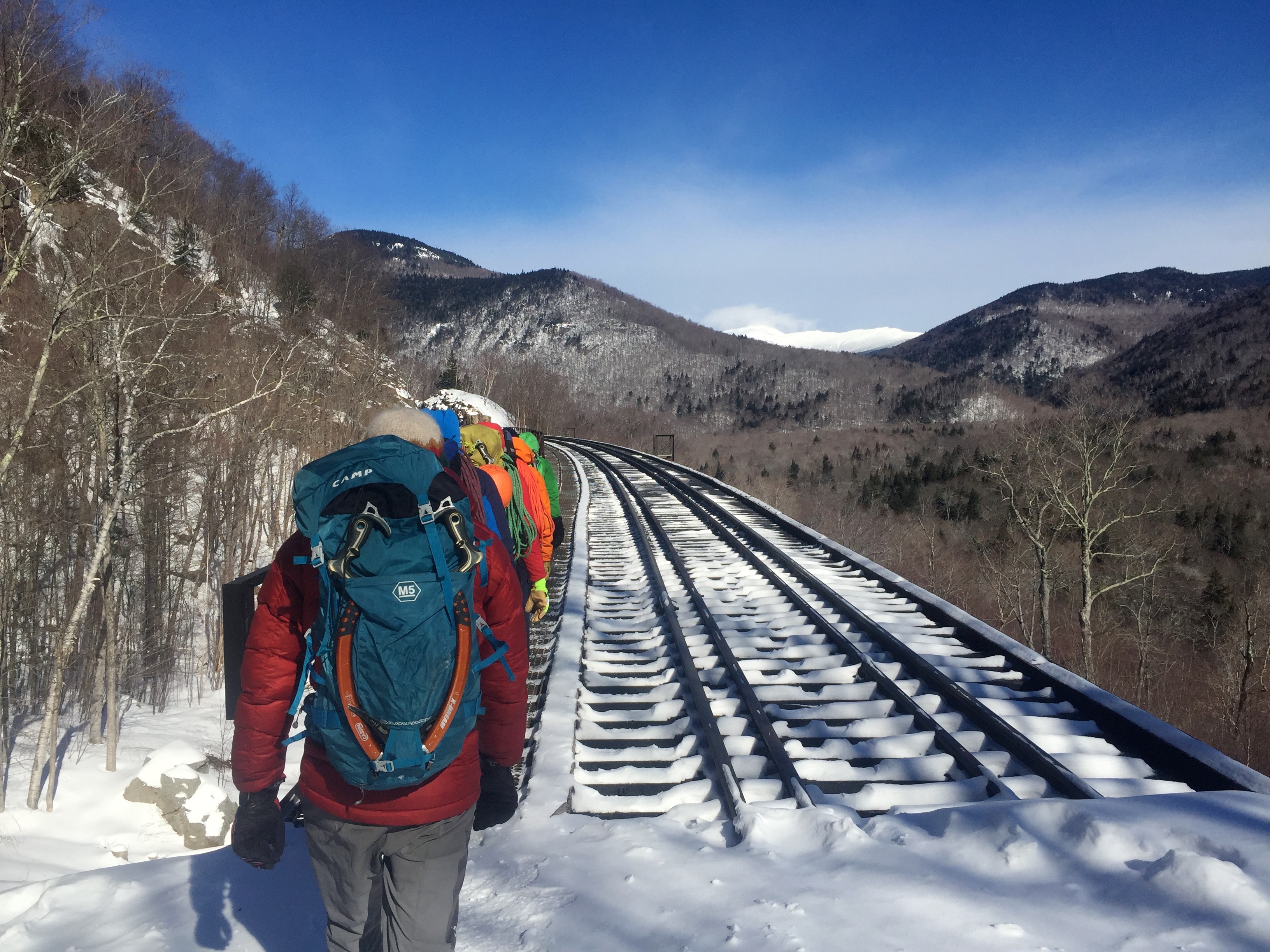 In the past year I focused heavily on growth in my skills as a guide. This growth started in March of 2016 with a Level Two AIARE course. It continued last summer with the AMGA Advanced Rock Guide Course in Estes Park, CO. This past February, it culminated with the AMGA Ice Instructor Course in Crawford Notch, NH. I was partially supported on this final course through the AMGA’s Fallen Guides- Strength of Character Scholarship Fund. This scholarship comes with the responsibility of writing a short essay on the experience. This process has given me a much-appreciated opportunity to reflect on guide education as well as my fellow guides unfortunate accidents in the mountains. Combined it made me reflect on trying to live a long and fruitful life while pursuing a career that, at it’s core, consists of trying to manage a plethora of risks both known and unknown. The connecting theme in my reflection is that humility is the key to growth and longevity in the mountains and in the mountain guiding career.
In the past year I focused heavily on growth in my skills as a guide. This growth started in March of 2016 with a Level Two AIARE course. It continued last summer with the AMGA Advanced Rock Guide Course in Estes Park, CO. This past February, it culminated with the AMGA Ice Instructor Course in Crawford Notch, NH. I was partially supported on this final course through the AMGA’s Fallen Guides- Strength of Character Scholarship Fund. This scholarship comes with the responsibility of writing a short essay on the experience. This process has given me a much-appreciated opportunity to reflect on guide education as well as my fellow guides unfortunate accidents in the mountains. Combined it made me reflect on trying to live a long and fruitful life while pursuing a career that, at it’s core, consists of trying to manage a plethora of risks both known and unknown. The connecting theme in my reflection is that humility is the key to growth and longevity in the mountains and in the mountain guiding career.
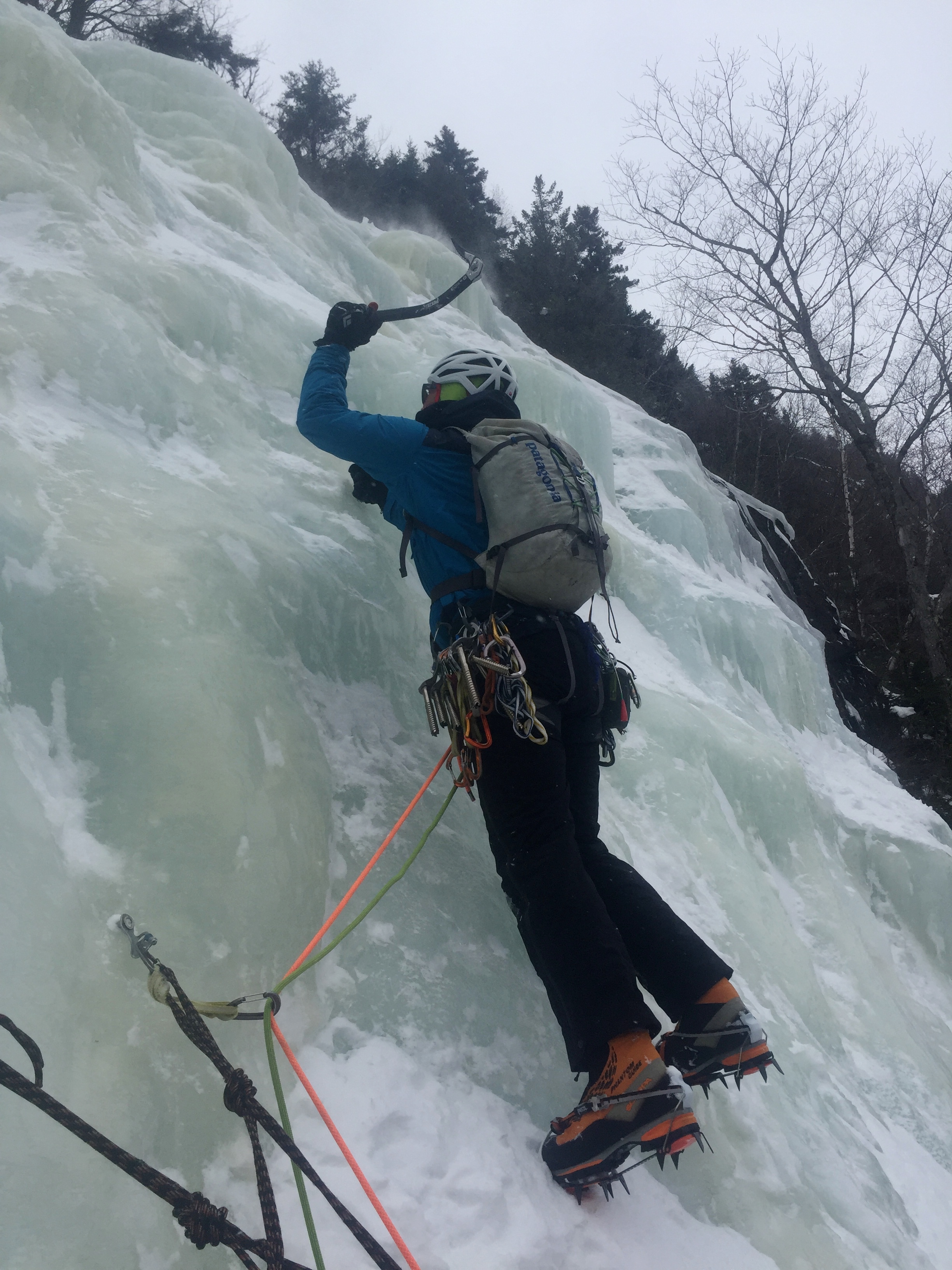 This particular scholarship was created to honor the lives of guides who have died in the mountains. Unfortunately, on the day I sat down to write this I received the news that another AMGA peer, whom I’ve never met but feel a natural bond with, just lost his life in the mountains. A natural human instinct is to more forcefully try to distance oneself from death and tragedy the closer it hits to home. We subconsciously try to protect an innate sense of invincibility. The knee jerk reaction when we hear of someone who died in the mountains is to look for things we can tell ourselves we would’ve done differently. “This wouldn’t have happened to me because…” This process robs us of an opportunity to learn valuable lessons. We owe it to our peers to learn and grow from these unfortunate experiences. We’ve all had close calls, and we will again in the future, but if we can eliminate a handful of these close calls based on a learning outcome from an unfortunate accident, then we will be better guides, mentors and coaches. It takes humility to suppress our subconscious sense of infallibility and invincibility and to put ourselves in the fallen guides shoes, but that’s where the growth will happen.
This particular scholarship was created to honor the lives of guides who have died in the mountains. Unfortunately, on the day I sat down to write this I received the news that another AMGA peer, whom I’ve never met but feel a natural bond with, just lost his life in the mountains. A natural human instinct is to more forcefully try to distance oneself from death and tragedy the closer it hits to home. We subconsciously try to protect an innate sense of invincibility. The knee jerk reaction when we hear of someone who died in the mountains is to look for things we can tell ourselves we would’ve done differently. “This wouldn’t have happened to me because…” This process robs us of an opportunity to learn valuable lessons. We owe it to our peers to learn and grow from these unfortunate experiences. We’ve all had close calls, and we will again in the future, but if we can eliminate a handful of these close calls based on a learning outcome from an unfortunate accident, then we will be better guides, mentors and coaches. It takes humility to suppress our subconscious sense of infallibility and invincibility and to put ourselves in the fallen guides shoes, but that’s where the growth will happen.
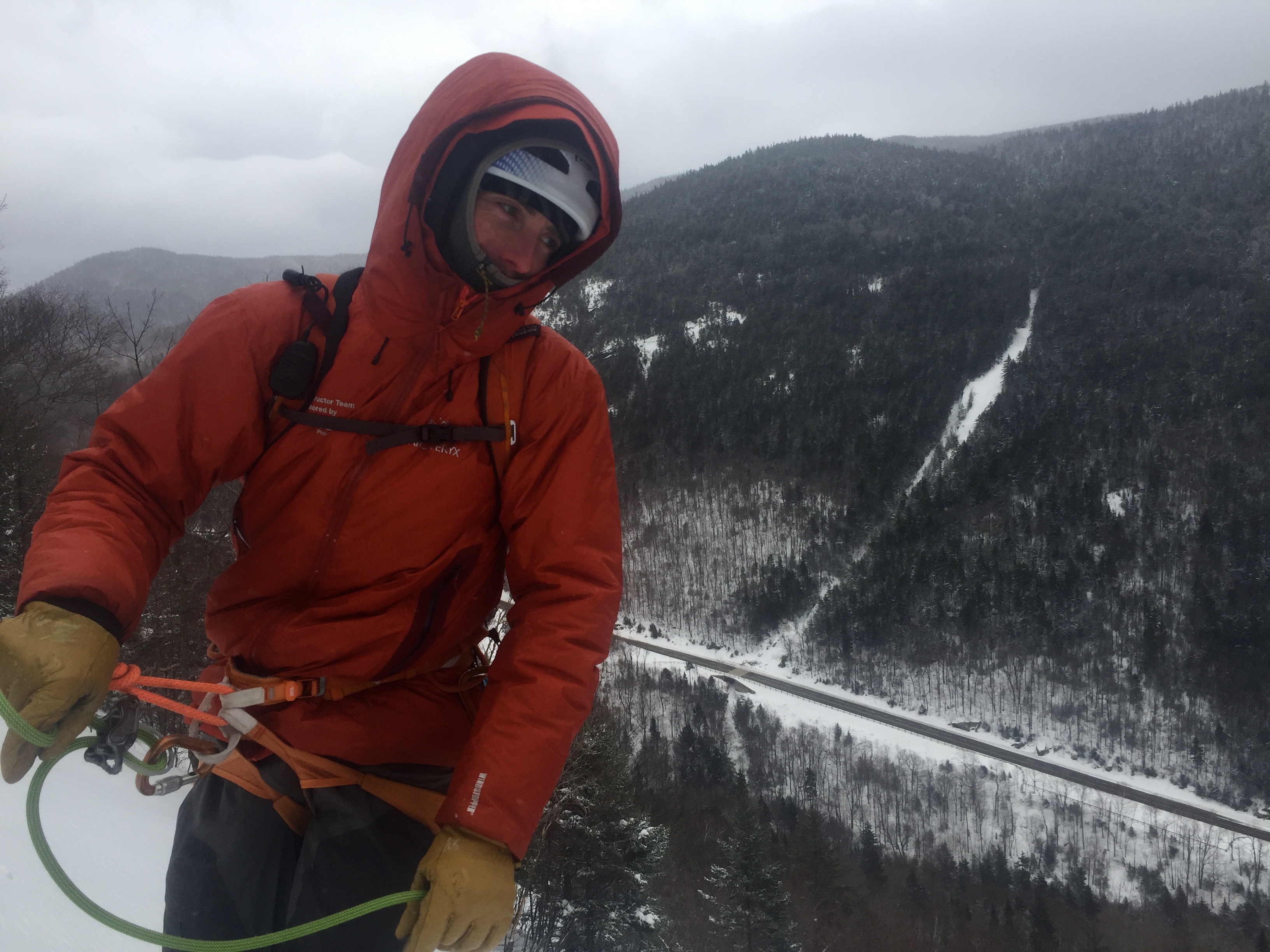 There is a similar tug of war in the education process, especially in learning as an adult. On one hand we need to present and make decisions with confidence. On the other, we need to try new techniques and open ourselves to critiques and critical reflection. In guide training there is a constant tug of war between humility and ego. Only through being humble and open to critique can one truly benefit from these courses. The best instructors make this easy by presenting themselves as continuing learners making it easy for their students to embrace the learning process.
There is a similar tug of war in the education process, especially in learning as an adult. On one hand we need to present and make decisions with confidence. On the other, we need to try new techniques and open ourselves to critiques and critical reflection. In guide training there is a constant tug of war between humility and ego. Only through being humble and open to critique can one truly benefit from these courses. The best instructors make this easy by presenting themselves as continuing learners making it easy for their students to embrace the learning process.
There is a saying that the day you stop learning is the day you start dying. My reflection from these educational experiences, and learning about the many fallen guides, has reinforced that there are a couple of intertwined characteristics that will lead to a long guiding career. One is embracing the idea that we as guides are life learners. There is no such thing as an expert and we should all be looking for ways to grow and improve, and always be receptive to critique and feedback. The second is that humility is the number one character attribute of a good guide. Humility will allow us to set aside ego and learn from each day of work or training. It will allow us to work through our cloak of invincibility and learn from tragic accidents. Most importantly, it will help us make honest, reasonable decisions in the mountains.